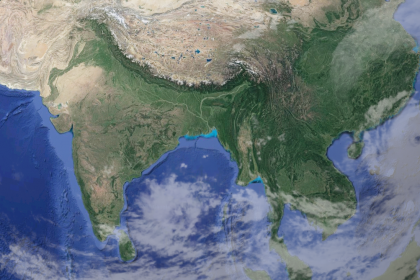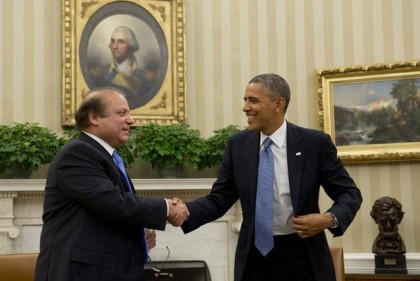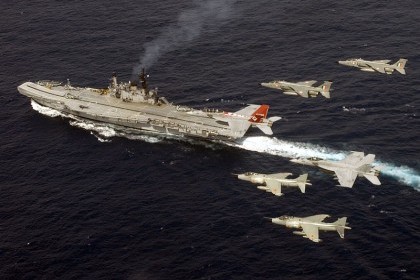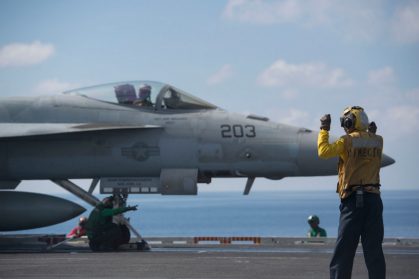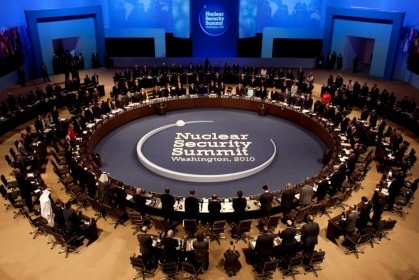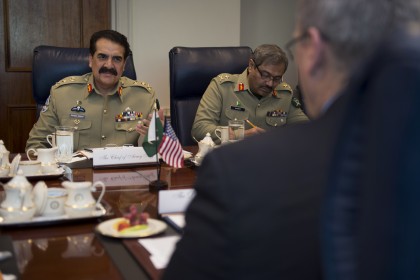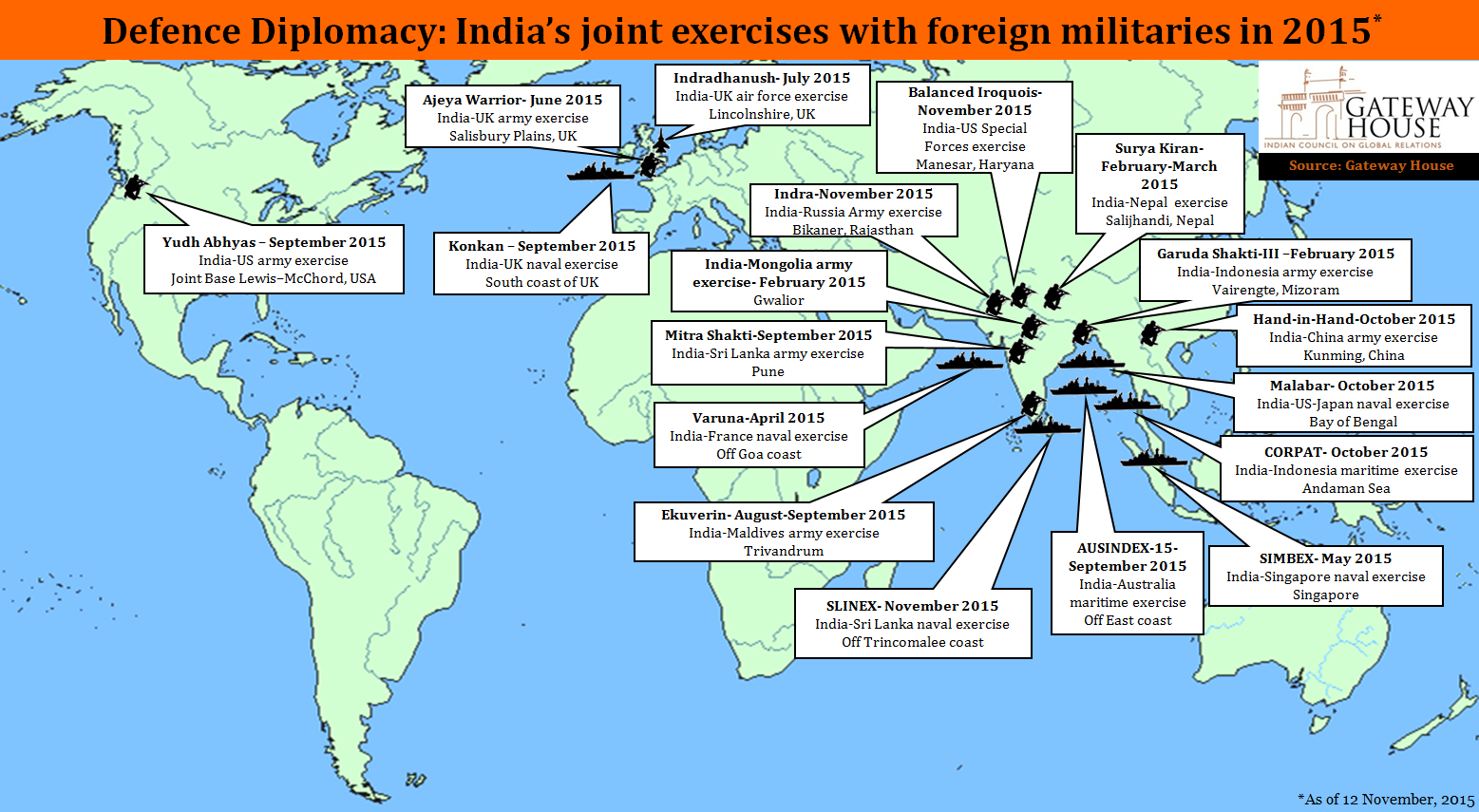BRICS/BIMSTEC’s maritime portents
The recent BRICS summit and BIMSTEC outreach highlighted some laudable maritime endeavours linking geographically distant, emerging economies within the grouping. The BIMSTEC platform is also crucial to India's efforts to create a peaceful Bay of Bengal community through economic and cultural linkages.

